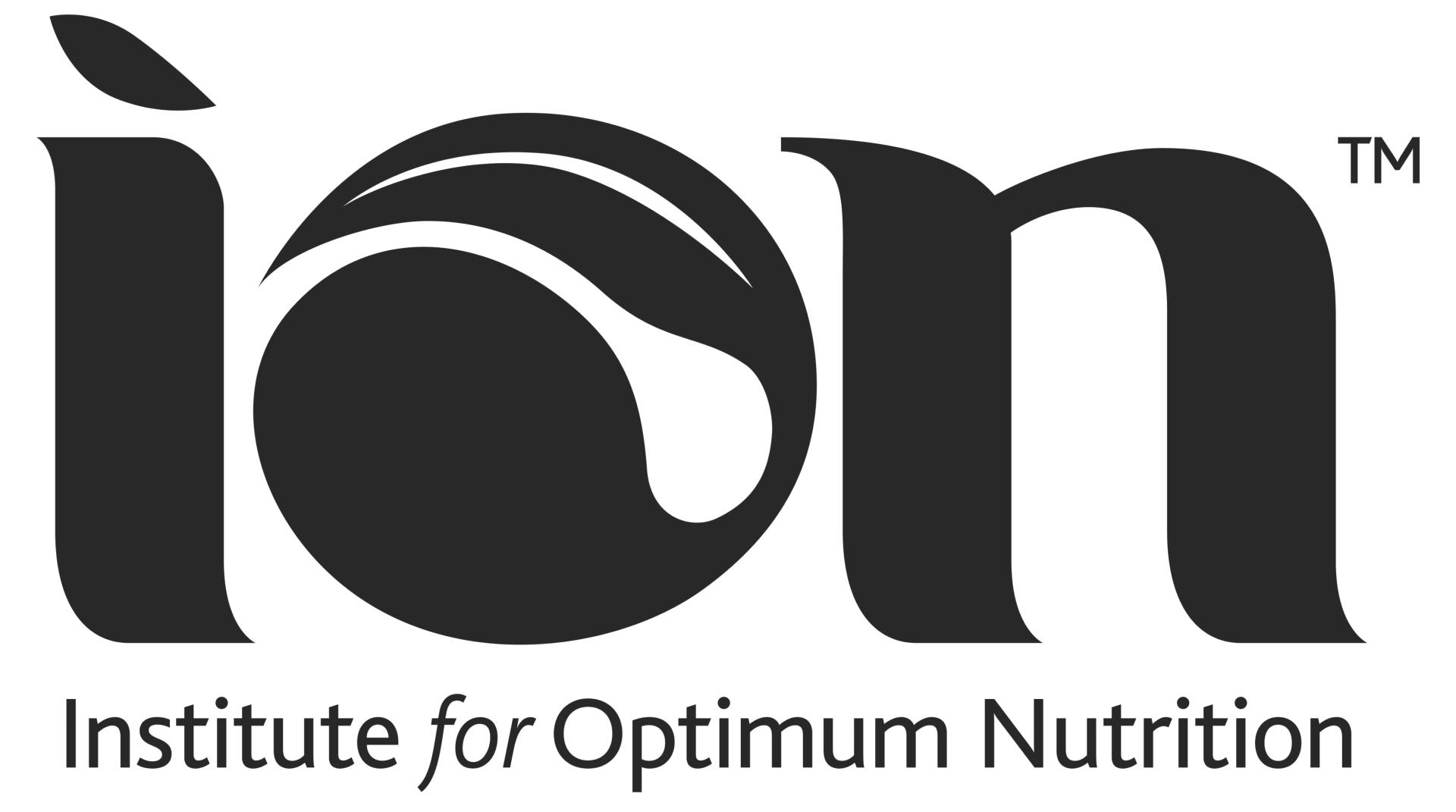Article
Everything you need to know about training for the nutritional therapy profession
So you’ve decided you’d like to become a nutritional therapist – what’s next? There are a few things to consider when choosing how to train:
Choosing an NTEC accredited course
When looking to study nutritional therapy, it is important to select a course that has been accredited by the Nutritional Therapy Education Commission (NTEC).
NTEC accreditation means that the course is accredited against the National Occupational Standards for nutritional therapy. This includes a minimum of three years clinical experience, including a detailed portfolio of evidence.
Those who have completed an NTEC accredited nutritional therapy course are then able to join the professional register for complementary healthcare practitioners, the Complementary and Natural Healthcare Council (CNHC).
BANT registration
Previously, completion of an NTEC accredited course and registration to the CNHC would have allowed you to become a member of the British Association for Nutrition and Lifestyle Medicine (BANT), the professional body for nutrition practitioners, and to practise as a fully qualified registered nutritional therapist.
However, as of 1st September 2020, BANT Full Membership will require a Bachelor’s (Hons) degree or higher from a recognised university, in addition to NTEC accreditation.
Why should I study with ION?
The Institute for Optimum Nutrition is uniquely dual-accredited by NTEC and the British Accreditation Council (BAC) – a comprehensive quality assurance scheme for independent further and higher education in the UK.
Our BSc (Hons) Nutritional Therapy is also validated by the University of Portsmouth, a leading modern university and TEF (Teaching Excellence Framework) gold rated. Successful completion of our BSc (Hons) will therefore allow you to register for BANT membership.
Find out more about our BSc (Hons) Nutritional Therapy. Or, if you’re an allied healthcare professional, you can gain fast-track entry to registration with the professional body through our Graduate Diploma in Integrative Functional Nutrition.
About ION:
ION is a leading provider of accredited nutritional therapy training, established in 1984. ION’s BSc (Hons) Nutritional Therapy is validated by the University of Portsmouth. Be part of a growing community of nutritional therapists and build a rewarding, flexible career helping others to make positive lifestyle changes.






